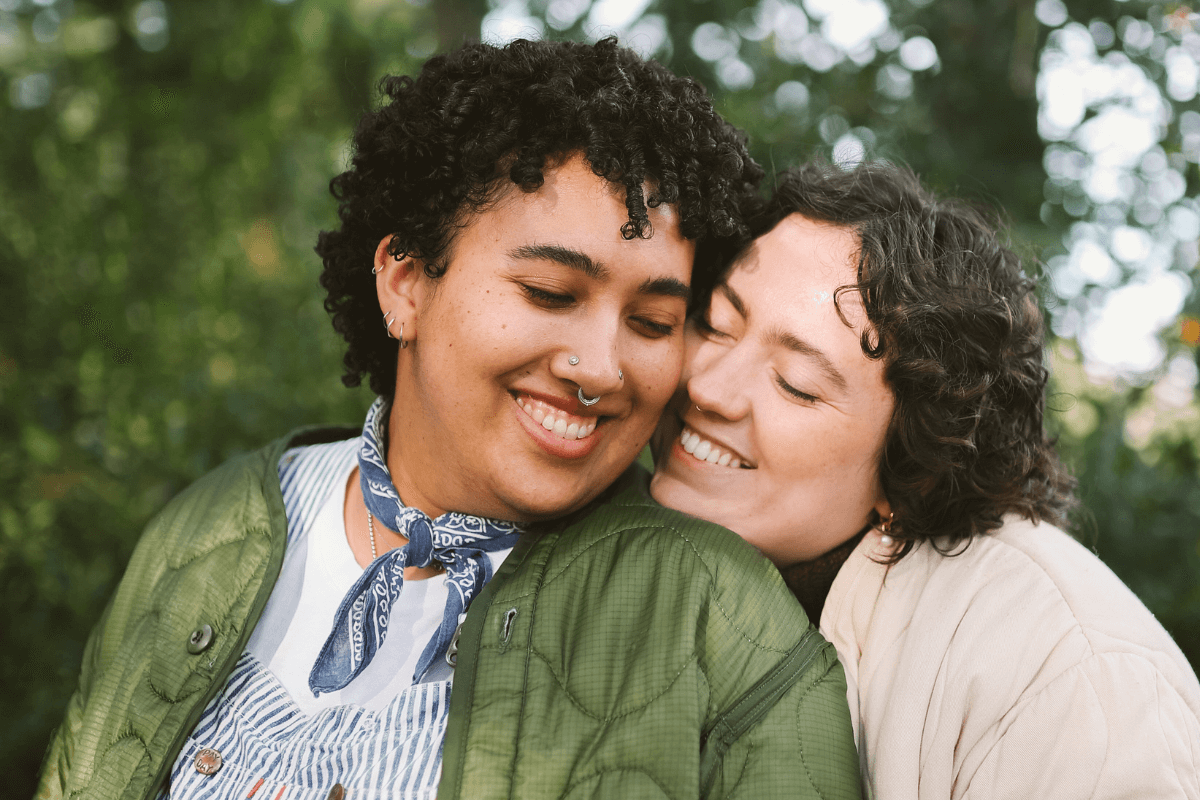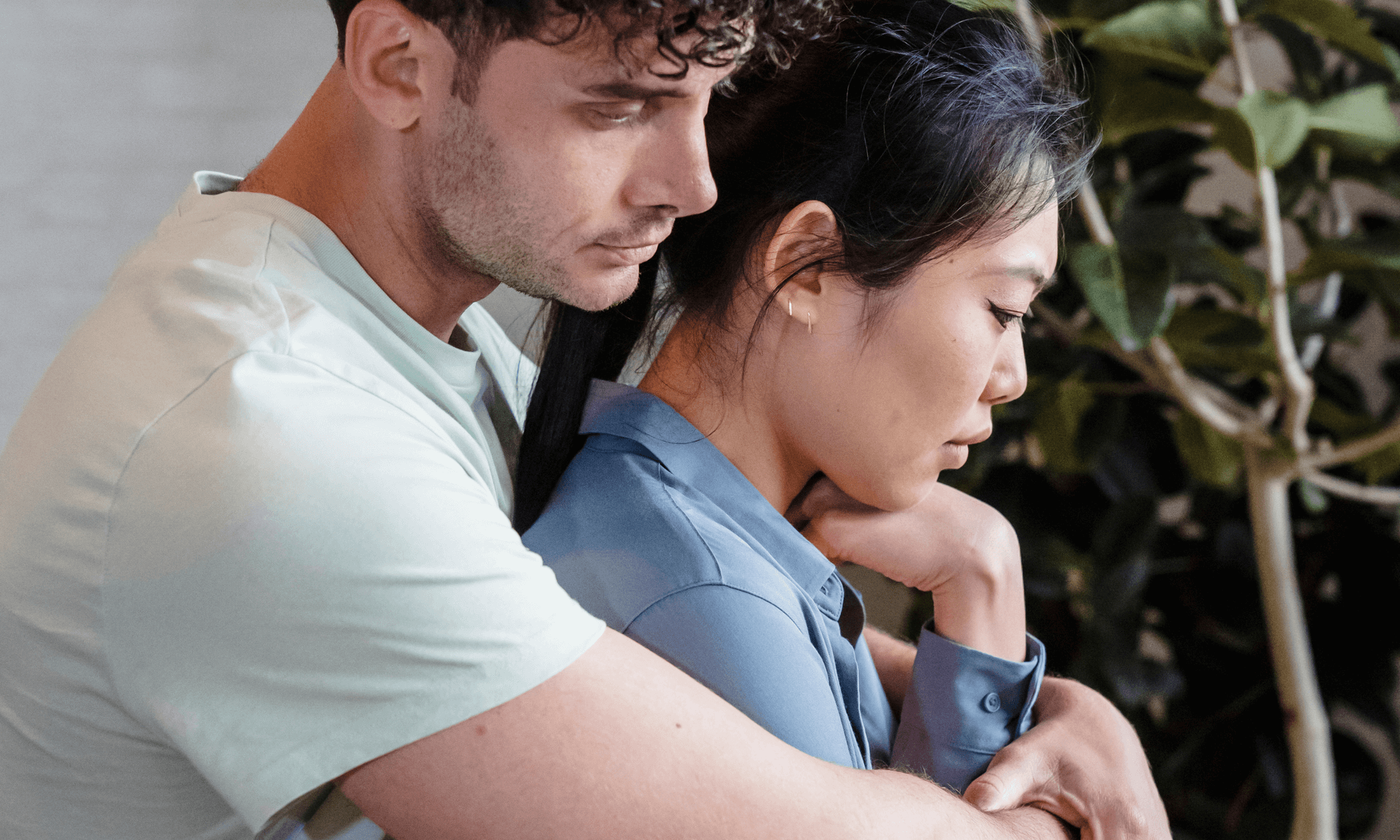Do you know your neighbours?
Having a positive relationship with your neighbours can increase security and provide access to resources and support when needed.
You don’t have to be best friends with your neighbours, but making an effort to meet them and develop mutual respect can make for a more peaceful and positive living environment.
Neighbourhood block parties or street parties are a great way to get to know your neighbours better and build a sense of community.
Here are some key steps to hosting a successful block party in your neighbourhood.
Choose a date with plenty of notice
It can be tough to find a date that works for everyone, but choosing a date well in advance can give people enough notice to organise their schedules and increase attendance.
It can also give you plenty of time to organise the event – especially if you require public liability, insurance, and a road closure.
Be mindful of holidays and days of observation when choosing the date for your block party to ensure as many people as possible can attend. For example, your neighbours may already have plans around holidays like ANZAC Day, Easter, and Christmas.
Apply for insurance and a road closure
While you can host a neighbourhood party on your front lawn or spread across a few front lawns, closing off your street can make for a fun and novel (and safe) event – especially for kids on bikes and scooters!
It’s also not uncommon to host a neighbourhood party at your house. However, hosting it on your street can feel like a more casual, neutral setting for an event with new people.
Depending on your local area, the process for this will look a little something like this:
1. Apply for public liability and insurance
Public liability and insurance protect you and anyone else if they suffer an injury or damage occurs.
You might like to ask attending neighbours to contribute to the fees involved. Some local councils will even reimburse you after your party.
You can go to Local Community Insurance Services to learn more and apply for your public liability and insurance.
2. Apply for a road closure
You can generally apply for a temporary road closure online with your local council. Most councils don’t charge to close the road, but they do require proof of public liability and insurance, so don’t skip the first step.
You may be required to pay a small hire fee for road closure signs, or you may be able to purchase them yourself for a lower price.
Ask each household to bring a dish
Chances are your neighbours will offer to help with the organising, and asking for a hand with the food is a great way to lighten your load.
Having each household bring a dish to share can serve as a conversation-starter, especially if your neighbours identify with different cultures.
This can also be a great way to ensure everyone’s dietary requirements are met. You may even like to ask attendees to label their food and specify whether they contain any common allergens or meet certain dietary requirements.
Make a family-friendly playlist
Music is a must when it comes to creating a party atmosphere (and to fill any potential awkward silences).
Aim to create a playlist of crowd-pleasers that most people can enjoy, and avoid anything with swearing or adult themes. You can make your own or browse existing playlists on Spotify or YouTube.
Remember to keep the volume low enough that people can talk without raising their voices.
Consider activities to break the ice
Meeting new people can be overwhelming for some people.
Having some casual activities like classic lawn games can give attendees something to focus on and help create a point of conversation. This can take the pressure off when small talk runs dry, and it’s also a great way to keep kids entertained.
If you struggle in social settings, talking to a counsellor can help you explore your feelings and potential strategies. Learn more about our counselling services or call 1300 364 277 to make an appointment.
We offer more ways to create a sense of community in your neighbourhood in this blog post.









